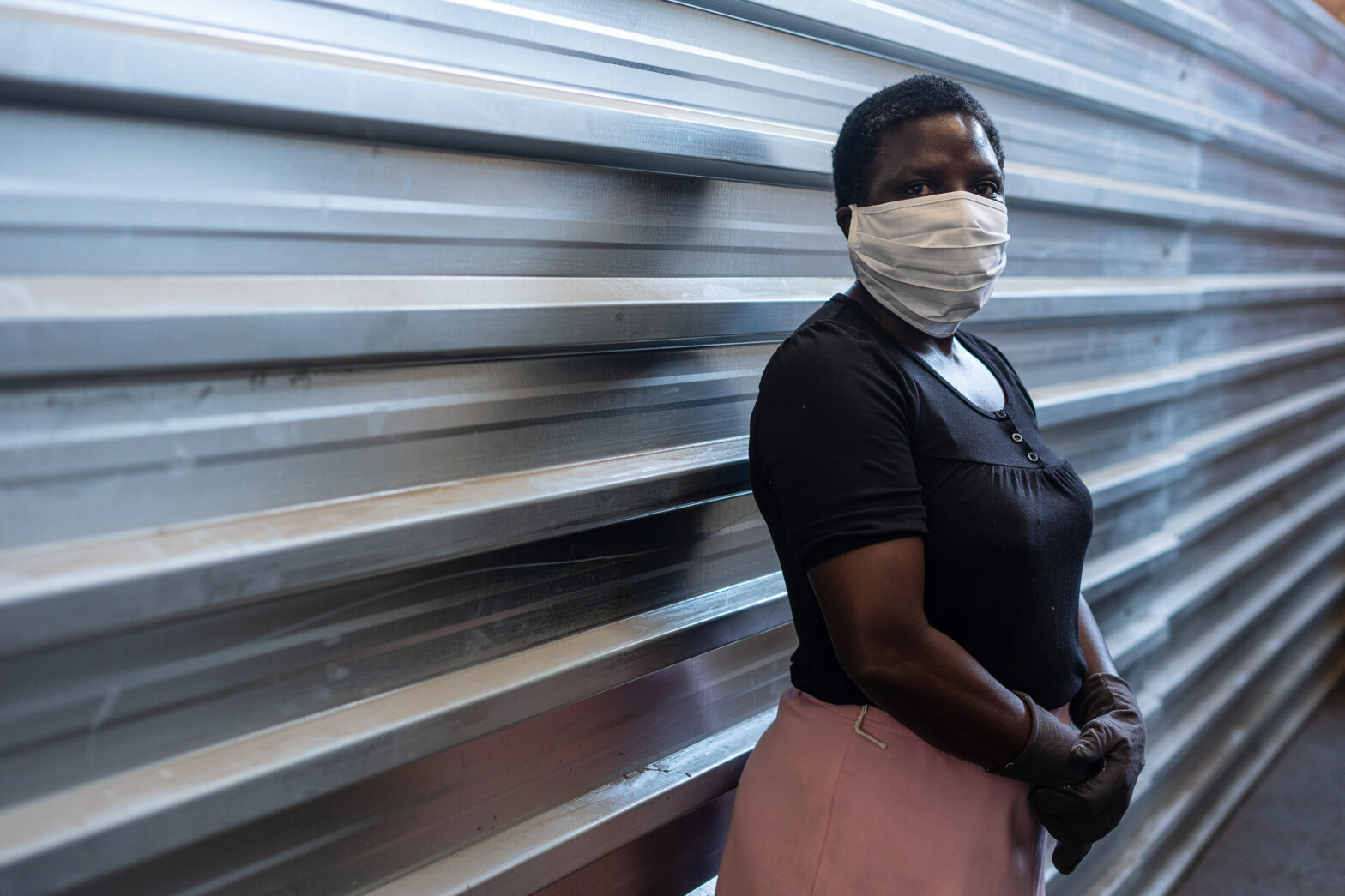Lucy Shoniwa has learned to work fast.
When her mobile family planning clinic arrives in a rural Zimbabwean village, hundreds of women often line up for help. She and her team can now insert about 70 birth control implants and 20 intrauterine devices, hand out 6,000 condoms and consult with dozens of women on short-term contraceptive methods like the pill — all in a single day.
But when Zimbabwe went into lockdown in March to try to curb the spread of the novel coronavirus, many of her patients disappeared.
Shoniwa, an experienced nurse working for Marie Stopes International, one of the world’s largest family planning organizations, said it’s not because they no longer need her services. Some are afraid to visit the clinic because they don’t want to catch the virus. Others, she said, have reported being turned away at checkpoints by security forces or fear upsetting local leaders who have instructed residents to stay at home.
